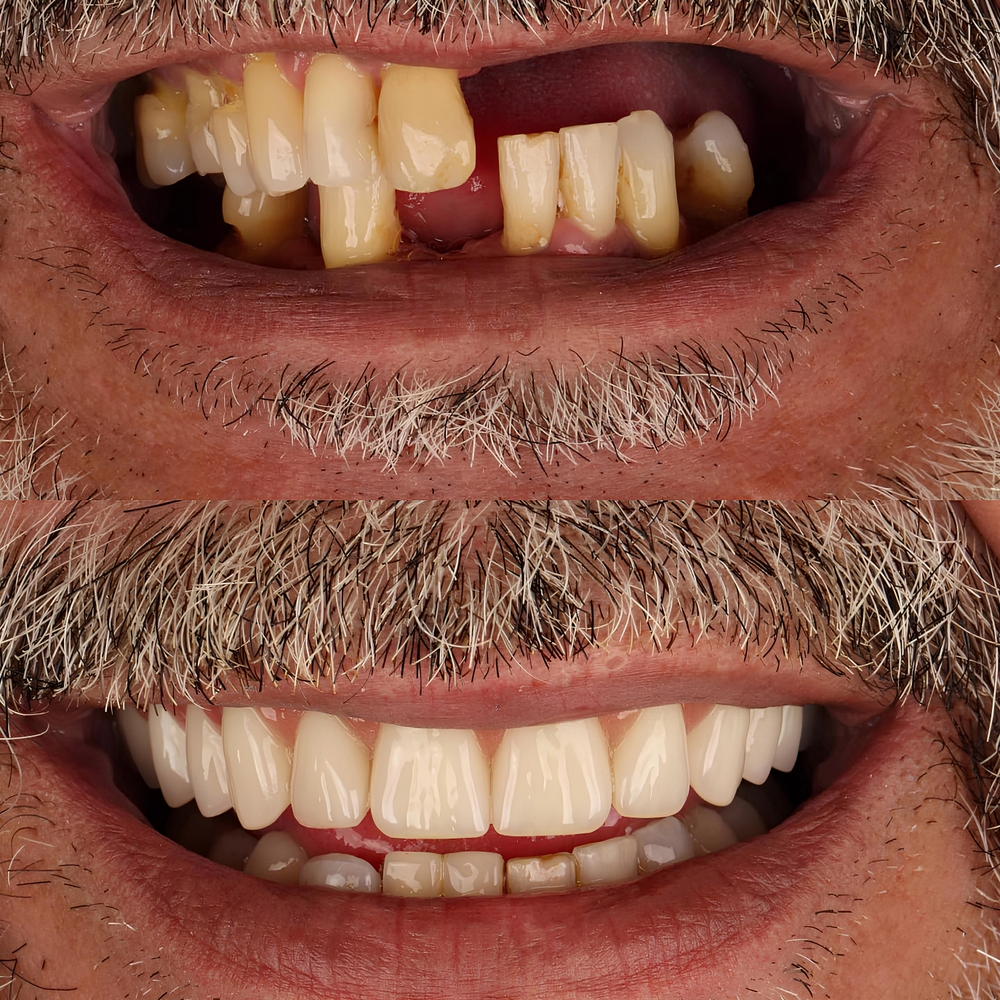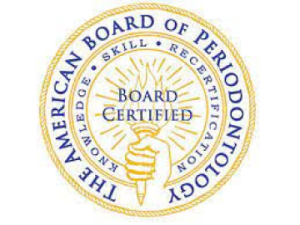Dental implants are artificial tooth roots surgically placed into the jawbone to hold a replacement tooth or bridge. The process has a few steps. First, the implant is placed. Then, bone growth happens around it, called osseointegration. Finally, the last piece is attached, known as the final restoration. These implants work like natural teeth, offering better durability and functionality than removable dentures.
The basics of mini and traditional dental implants
Both mini and traditional dental implants help replace missing teeth. However, they are different in size and shape. Regular implants are larger and require more complicated surgery, while mini implants are smaller and involve less invasive surgery. This size difference affects which implant is best for different dental needs and patient situations.
Historical evolution of dental implants
The idea of dental implants has been around for many years, but the modern versions started in the mid-20th century. Medical history tells us that Per-Ingvar Brånemark, a Swedish doctor, discovered that titanium works well with bone tissue. This discovery made it possible to use titanium in dental implants.
At first, dental implants were mainly used to replace single teeth. However, new technology and better methods have expanded their use. Now, dental implants can replace many missing teeth, support dentures, and even help with full-mouth restorations. By looking at how dental implants have changed over time, we can see the progress in dentistry that helps people with tooth loss.
Comparing Mini Dental Implants and Traditional Dental Implants
Mini implants and traditional implants both restore missing teeth and improve oral function. However, their varying features impact their suitability for different dental requirements. The primary distinction lies in their size, influencing procedures, recovery time, and cost.
Size difference and its impact on dental procedures
Mini implants are smaller in diameter than conventional implants. This smaller size changes dental procedures in a few ways:
- Less invasive procedure: The smaller size of mini implants means the surgery is less invasive. The procedure requires less gum cutting.
- Faster placement: Since mini implants are smaller and are placed in less invasive ways, they can often be put in quicker than regular implants.
- Immediate loading: In some situations, you can attach the artificial tooth on the same day as the implant placement with mini implants.
This makes mini implants a good choice for people who want a less invasive procedure and a quicker recovery time.
Suitability for different dental conditions
The choice between mini and traditional dental implants depends on your dental condition.
- Jawbone density: Mini implants are better for people who lack enough jawbone density to support traditional implants. Their smaller size needs less bone, which might mean you don’t need a bone graft.
- Single tooth replacement: Both mini and traditional implants can replace a single tooth. However, mini implants are often chosen for smaller teeth, like incisors or premolars.
- Stabilizing dentures: Mini implants are great for keeping loose dentures in place. They anchor the denture securely, which helps it stay put and prevents it from slipping.
Ultimately, the best option for you should be discussed with a dental professional. They can check your oral health and suggest the most suitable dental implant for you.
The Procedure: Mini Dental Implants vs. Traditional Dental Implants
Mini dental implants and traditional dental implants both aim to replace missing teeth. However, the process for each one is a bit different. These subtle differences can affect how long it takes to recover, the care needed afterward, and how the patient feels about the whole experience. Talking with your dentist can help you understand what to expect with each type of procedure.
Recovery timeline and what to expect
Recovery from mini dental implants is usually quicker than for traditional implants. Patients will feel minimal discomfort and swelling after the procedure. Often, over-the-counter pain medicine works well to ease any pain. Since the procedure is less invasive, stitches might not be needed, which helps reduce discomfort during healing.
In contrast, traditional dental implant surgery can take longer to heal. The jawbone must fuse with the titanium implant, which can take several months. The dentist may suggest eating soft foods to prevent pressure on the healing implant during this time. Regular follow-up visits are important to check the healing and ensure the implant integrates properly.
Benefits and Drawbacks
Dental implants have many benefits. They look and feel like natural teeth. They also help keep your oral health in good shape. But there are some downsides. Getting implants requires surgery, and sometimes there can be complications. It’s important to understand how durable and functional dental implants are. This will help you make an informed decision. You should also think about possible discomfort and the need for additional surgery. Proper care and regular dental visits are important to ensure dental implants work well for a long time. Pay attention to your oral hygiene, too.
Longevity and durability
One significant benefit of dental implants, whether they are mini or traditional, is how long they can last. With good care and regular dental visits, these implants can last for many years or even a lifetime. This makes them stronger than other options, like bridges or dentures, which often need to be replaced.
Dental implants last long because they use materials like titanium. This material safely connects with the jawbone through a process called osseointegration. This creates a strong base for the artificial teeth, enabling them to handle biting and chewing like natural teeth.
Cost Comparison
When comparing the costs of mini and traditional dental implants, it’s essential to consider the money and the benefits. Mini implants usually cost less than traditional implants. Still, the price can change based on how many teeth you want to replace, if you need any additional surgery like bone grafts, and what materials are used. Talking with your oral surgeon can give you a clear estimate and help you make an informed decision.
Schedule Your Consultation
Whether you’re interested in mini dental implants or traditional implants or are unsure, Palm Beach Periodontics is here for you. Schedule a consultation with one of our technicians to take your first step to a fuller smile.












